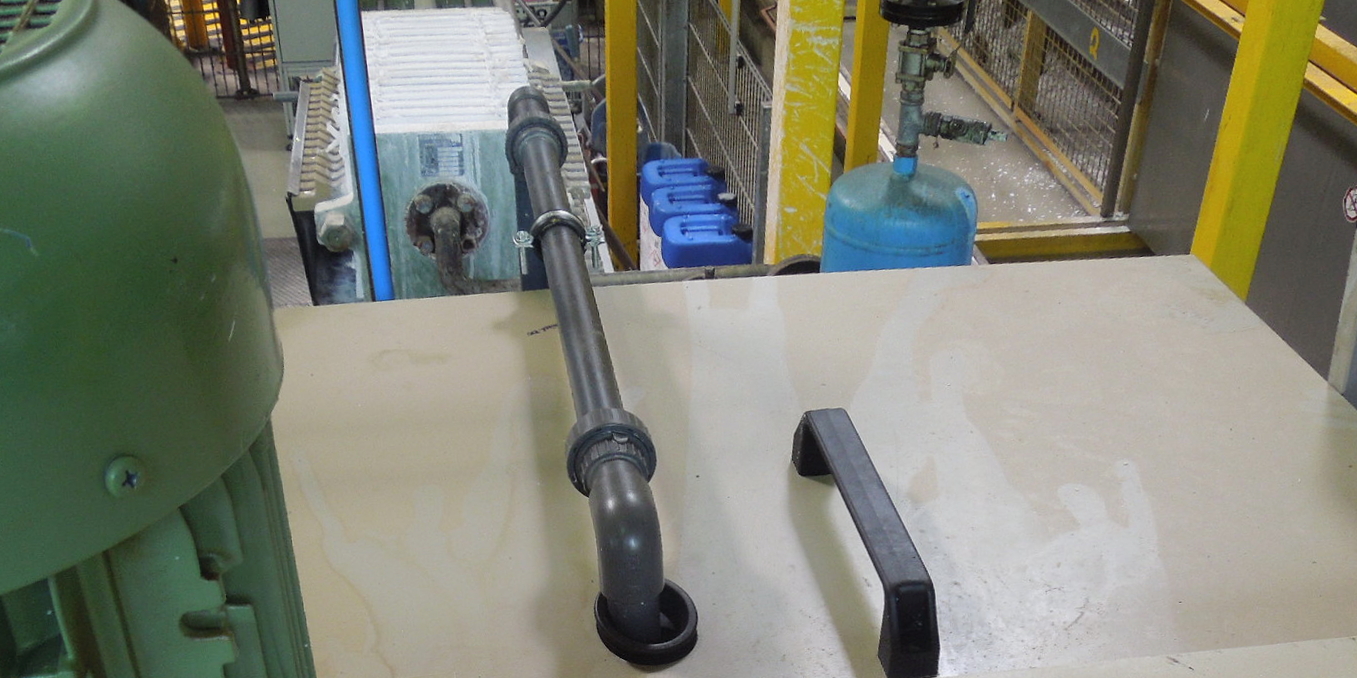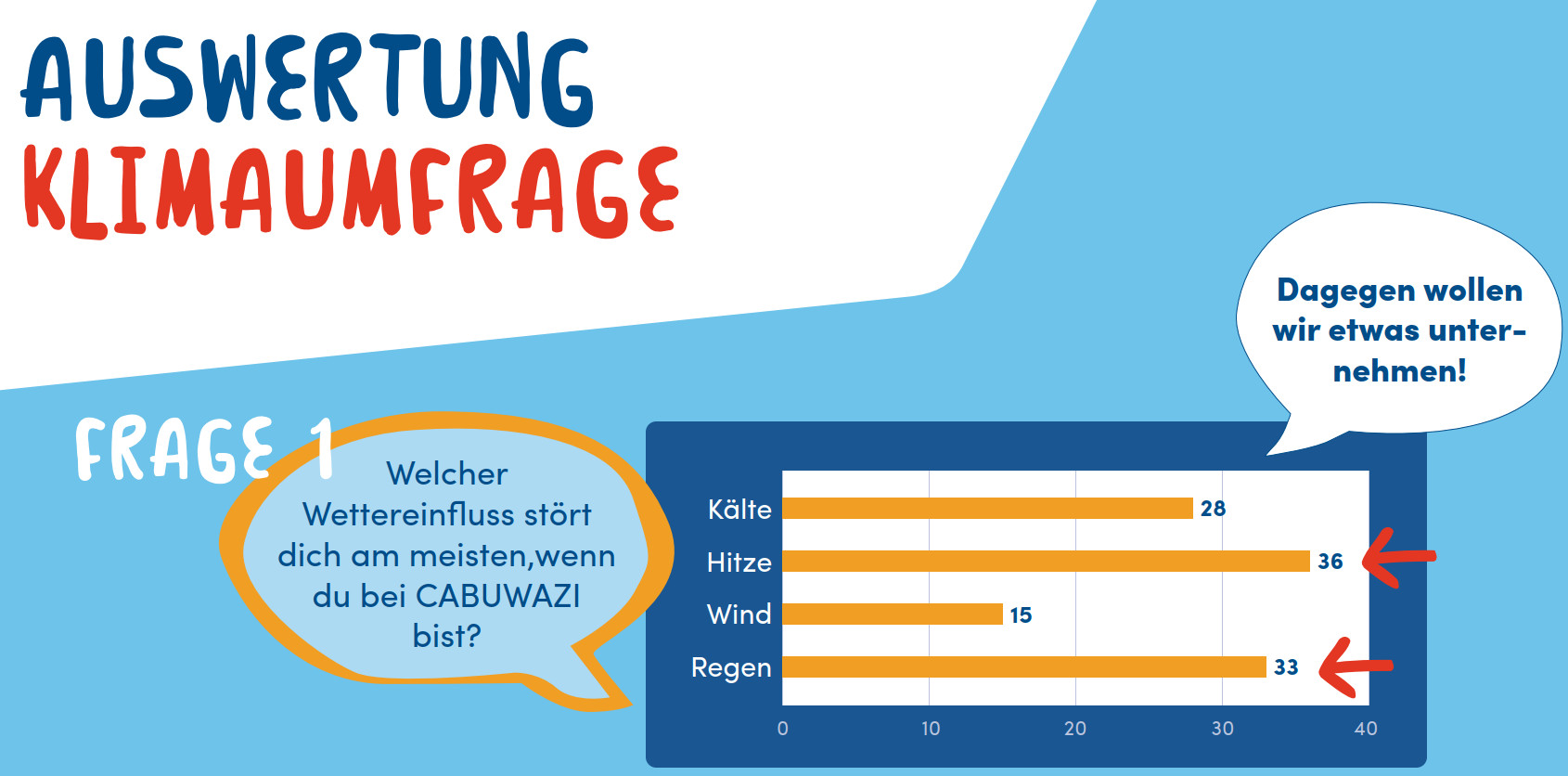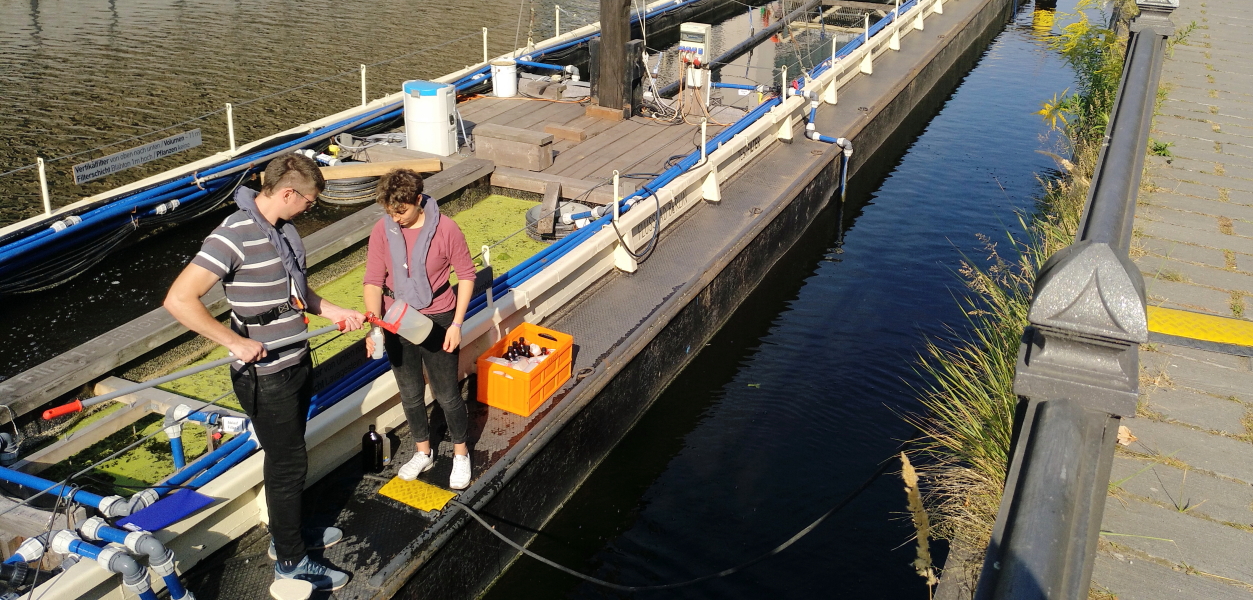

Successful workshop on solar irrigation in Bolivia
Conversion of sewage gas into electricity in South Africa
Modification of industrial waste water treatment plant ensures phosphate discharge value
Companies that discharge production waste water into the sewage system (indirect dischargers) must comply with the discharge limit values of the respective wastewater utilities. If limit values are tightened the challenge is to develop particularly economical solutions that avoid the installation of a complete new wastewater treatment plant. AKUT was assigned to develop a solution for a similar situation regarding the wastewater discharge of the phosphating plant at Robert Bosch Automotive Steering GmbH in Berlin-Wittenau.
Current studies show that the implementation of technical adaptation and optimization measures at the chemical-physical waste water treatment plant has been successful in regards to tightened limit values. The measured total phosphate values in the discharge of the cleaning plant after the conversion have dropped to 90 percent less than the new limit values for discharge into the sewer system of Berliner-Wasserbetriebe (BWB).
The effluent limits for total phosphate were reduced to 50 mg/l by BWB beforehand.
Robert Bosch Automotive Steering GmbH had then decided to technically convert the existing plant for the removal of metal ions from wastewater to ensure compliance with the reduced phosphate discharge limit value.
AKUT Partner designed the cost-effective adaptation solution after an intensive assessment.
By converting, technically supplementing and optimizing the existing treatment plant, the phosphate is (now in addition to the previously precipitated metal ions) precipitated with automatically dosed lime and separated from the wastewater in an existing chamber filter press.
The contract included that the selected plant concept has been supervised and monitored until final acceptance and commissioning.
As requested by the customer the TÜV approval of the now semi-automatically operated chemical-physical wastewater treatment plant passed the plant without imposing any additional requirements.
Other relevant effects of the extensive automation of the wastewater treatment process are time savings for the operating personal and a reduction of the electric energy demand.
The low investment costs (compared to the installation of a new wastewater treatment plant) and the positive effects on operating costs increase the overall profitability of the phosphating plant in Berlin-Wittenau.
Photo: Robert Bosch Automotive Steering GmbH, Berlin – Wittenau. Buffer tank for the phosphate-containing wastewater, in the background the chamber filter press for separating the lime sludge.


